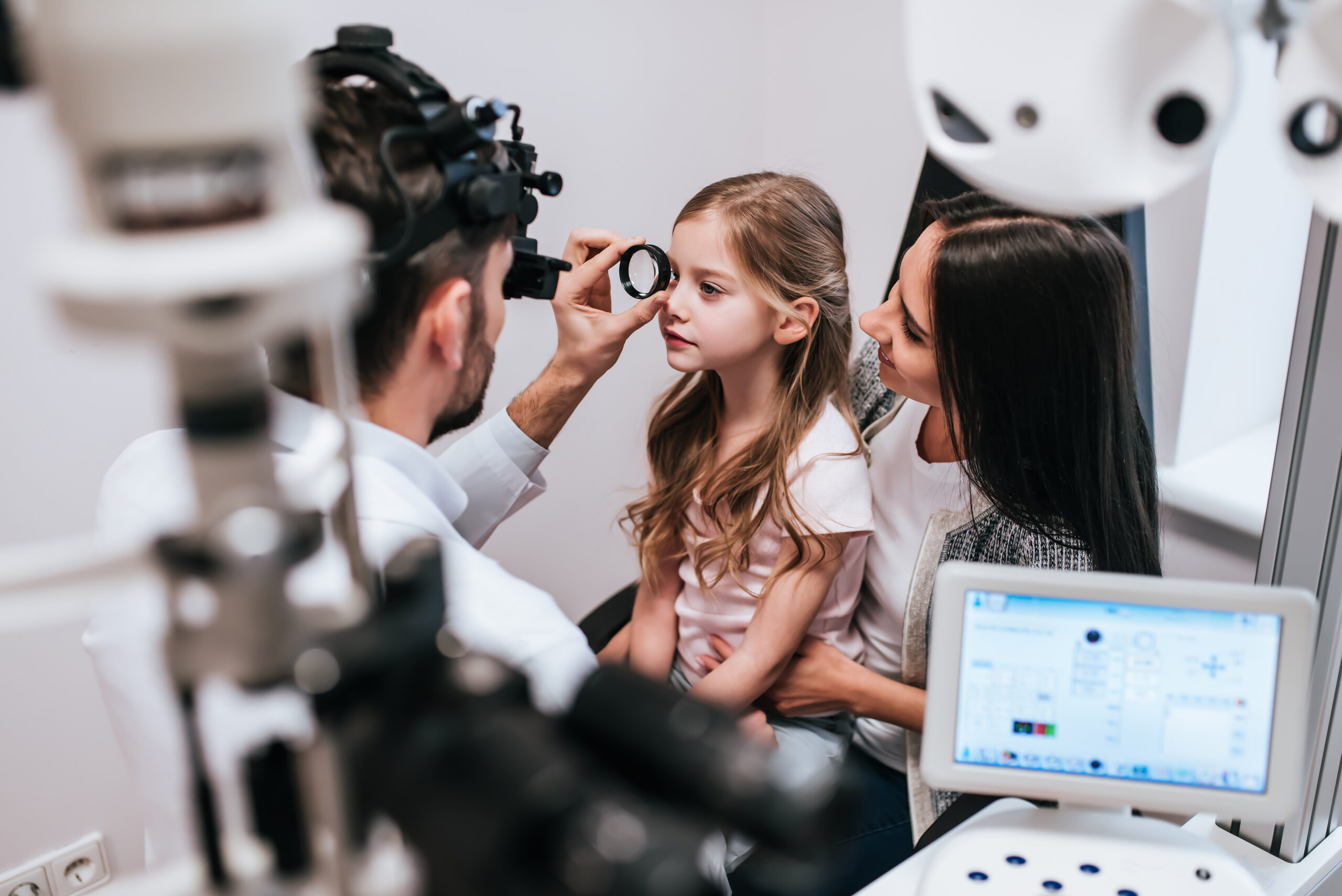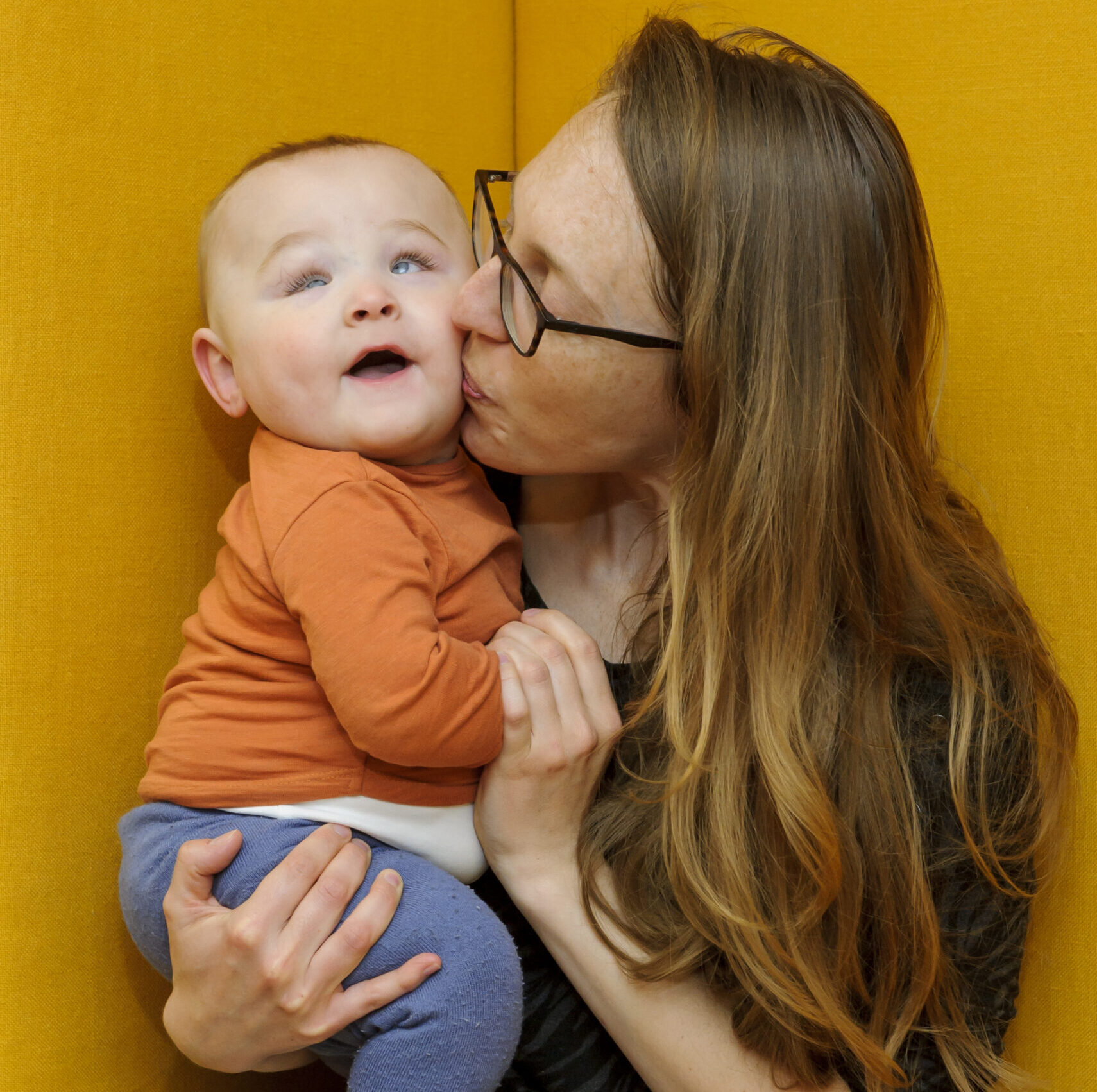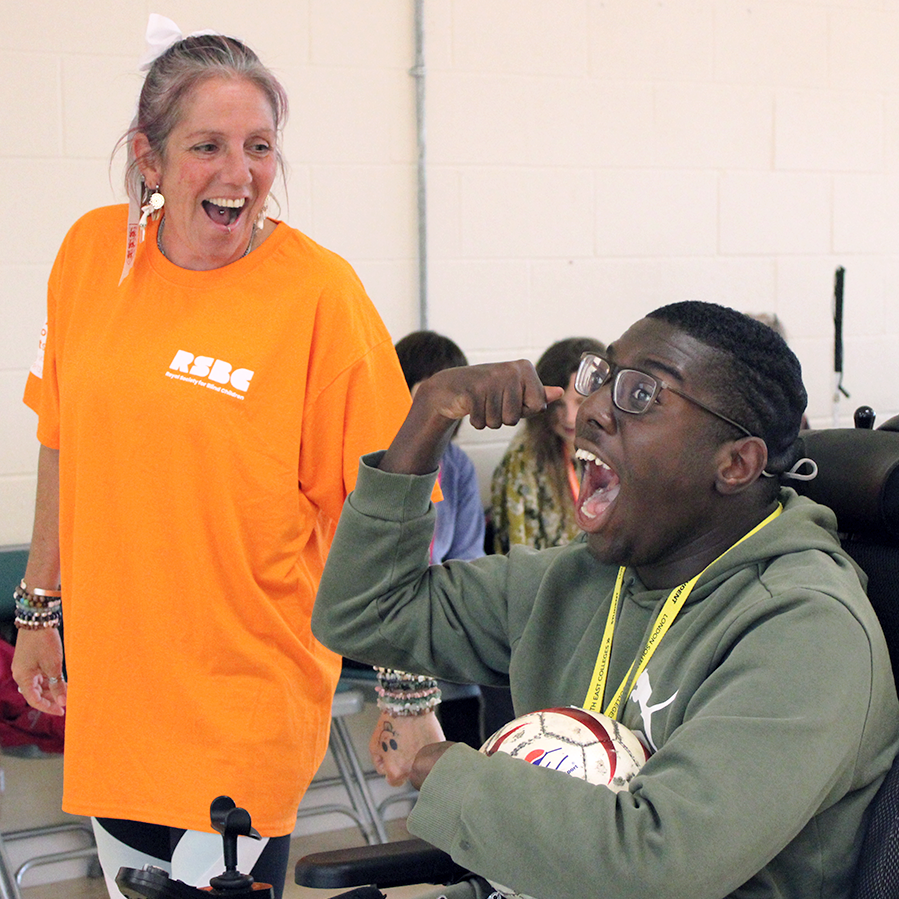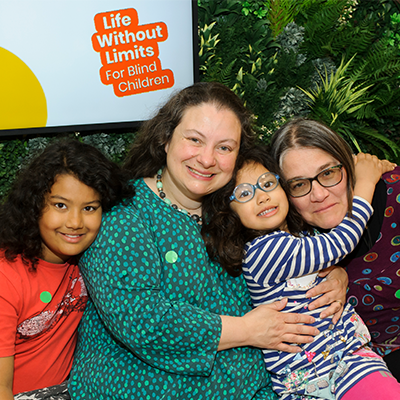VR and Employment
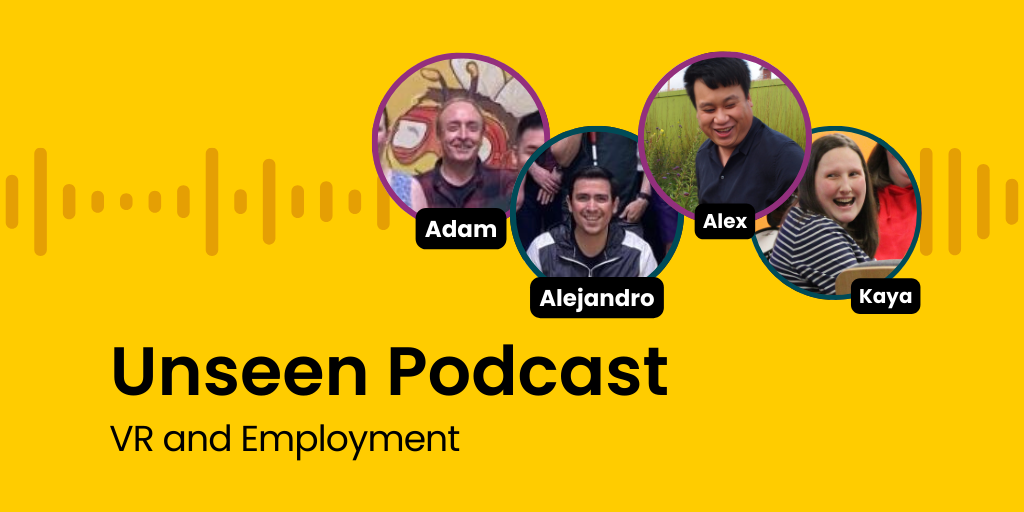
Unseen Podcast - Episode 5 - Season 4 - VR and Employment
In this episode, Adam and Alejandro join Alex and Kaya from RSBC to chat about their favourite moments from working together. They reflect on how their collaboration used tech in creative ways to support young people exploring employment.
VR headsets, and smart glasses, this episode has it all!
Don’t forget to let us know your thoughts by getting in touch at youth.forum@rsbc.org.uk.
Listen to the episode
Transcript
0:00
Music,
Kaya 0:07
Hello. My name is Kaya, and I’m here today with Alex, hello. And today we are joined with two very special guests from meta, please. Can you introduce yourself?
Adam 0:20
Hi, I’m Adam. Hello.
Alejandro 0:23
Thank you for the kind words. My name is Alejandro. Hello, everyone.
Alex Man 0:26
You are very special.
Kaya 0:29
So please, can you tell us about yourselves and your role at meta?
Adam 0:35
So it’s Adam here. I’m a Solutions Architect at meta, and currently we work in helping companies use virtual reality technology, so all the quest headsets and things you’ve seen on the TV news and things like that.
Alejandro 0:48
And I’m very lucky to support the solution architecture team based here in London. So I work with Adam very closely. And yes, we help organizations adopt the technologies of xr and mixed reality.
Kaya 0:59
And can you tell us about what project 11 is and what your role has been with working with Rsbc?
Alejandro 1:07
I think that when we first started thinking about Project 11, at least at least myself, I never visualized the impact and what it became, right? So we got to connect with a lot of people internally at meta and within the Rsbc as well. I think it was a great success, given the adoption and the excitement from the audience right to come and participate with us. So when I was first thinking about Project 11, I had a dream, but I didn’t know what it was going to become. And that makes me, you know, come to work with more energy every day, I would say is, I’m very proud of what we have achieved collectively,
Kaya 1:46
and what led you to want to work with a charity such as the Rsbc, which is a charity for children and young people, for the blind.
Adam 1:53
I think we were looking to do something community based within the wider community in London. We didn’t really have a firm idea of where project 11 was going to end up when we started it, or in who were going to select. I think we just sort of selected the Rsbc as something that looked attractive to work with. We thought we’d better have quite a bit of impact and help a few people out a little bit. So that’s what we tried to do, and where it all ended up, I think it kind of gained its own momentum over time and ended up doing a lot of things we never thought we’d end up doing. So
Alex Man 2:28
yeah, because I remember when we first started, we mentioned YouTube guys, obviously, and then was that had those original meetings, and was that, oh, so what do you want to do? I don’t know. So it’s amazing how it sort of evolved. Because obviously it started off with, like, totally open idea, but then we honed it into employment related. And then over the first, you know, few months, we ran so many workshops and things didn’t we with, with meta and how it relates to employment. So,
Kaya 3:02
what were each of your personal highlights from the project, and did you have a favorite session which you led?
Alejandro 3:10
I think for me, that my the biggest highlight was that we were able to connect a greater community within meta. For instance, we are now working on a second iteration of project 11, where we are looking at introducing the ravine stories and the AI languages models that we are introducing into these classes, right, and see how that helps different communities, right, to have a better experience at life. So we’re very excited about that and also the impact that all of you have had in making us build more inclusive set of tools. So that has been one of the highlights for me. Adam, what do you think?
Adam 3:50
I think, for me, the favourite session we had was the one where we first had the visually impaired young people in quest headsets, right? Which, when we first kind of came up with the idea, we were a little bit worried about how that was going to go, because to us, you know, we didn’t understand what levels of vision impairment people had and whether this was going to work at all. And I remember that before we launched the major session with, I think we had about 20 participants in all, including parents. We tried it out with Alex first here, yeah, and within five minutes, he was playing beat saber. So that was when I realized that, yeah, this was actually going to work. And then we actually had the session with the young people. I think we only had, there was one person that couldn’t get anything from it at all, but everybody else got at least something. And it was, it was, it was so cool to see their reactions, to see things intuitively. This is something that they obviously haven’t considered ever trying, and they tried it, and it was actually working for them to some extent, and some bits of it were working really well. And, you know, it was, it was, yeah, I still look back on that. I think it’s probably the best thing I’ve done since ever joined matters
Alex Man 4:53
just going off script, just a little bit, because I think a lot of our listeners will be interested in learning a bit more about. Out the Ray Bans glasses. How do you think that they will help visually impaired people
Alejandro 5:06
you know, based on the current information that is currently going to be available, I think that if I, if I as a user, close my eyes and I wear the glasses, and I start asking questions to the to meta AI, and I say, What am I looking at? You know? How can I go from where I’m standing to point A and I get, I get auditive directions. I think that has potential, right? Yeah, it’ll be for someone else more qualified to actually tell me that’s actually true. But I imagine potential, and I think if I, if I take us all the way back to when we started, I was extremely afraid of even engaging with this dream, right? Because I’ve never been educated in how to properly communicate, you know, and terminology in terms of having a conversation with someone with a visual impairment, right? So that that was intimidating for me, and I didn’t want to come across as using the wrong terminology or saying the wrong things, and then something that was good intended, it was going to end up being offensive, right, or being perceived as often. So I think that was, that was a good learning curve for me. And one of the biggest lessons is just, just a start, like, like, how many? How many of us think overthink things, right? Oh, what if? What if I say something wrong? What if I don’t participate? What if this goes nowhere? What if they think this is not the right thing to do and look at us right? Just just, we just opened the channel of communication. We said we don’t know what we’re going to do, but maybe this has potential. Let’s explore. And that, that’s the key. Just just a start.
Kaya 6:40
So this sessions were went all really well, and the course was enjoyed throughout all sessions by all of the young people at the Rsbc. Why do you think these sessions were such a success?
Adam 6:54
I think because we didn’t really have, we didn’t set ourselves some kind of success target that we had to do X, Y and Z, or that, you know, the young people had to come out at the end with, with X, Y and Z ready or done, or having enjoyed it, we kind of open ended and free flowing, right? And I think we kind of let people do their own thing. And obviously, the one where we tested out quest headsets and things obviously had its kind of obvious benefits and things like that. But the other ones where we talked about careers in tech and how to get into tech, because we dragged in. What do I say? Dragged in? That’s the wrong kind of phrase. But we involved so many people at meta, right? People, volunteers just popped up all over the place who wanted to get involved. They wanted to share their knowledge and experience, and we brought them in. And that’s why we had each session. Was a different set of kind of meta people were involved. It was a different set of skills, and they were imparting that new set of information, tools, knowledge, experience, to the sort of visually impaired young people who were involved each time. So I think that’s why there was something completely different about each session. It wasn’t the same stuff going through, and it wasn’t just about doing CVS for four months in a row. It was that was just one session or part of a session, and everyone kind of got what they needed to get out of each one, I think. And I think that’s why it went so well
Kaya 8:08
And if you were to run, run it all again, what would you change? And why?
Adam 8:15
That’s a good question. I’ll let Alejandro go with that one.
Kaya 8:20
[Laughs] Just pass it on.
Alejandro 8:23
I think I’ll be less afraid more people. Let’s make it bigger, more scalable. Let’s expand the criteria that we have set in place, or the safeguards that we have set in place, and and just be more aggressive about about it, right? And, yeah, I think that’s, that’s what I will do differently.
Alex Man 8:42
I think I would like to also add another success for us at Rsbc. So we’ve worked with organizations before, other tech companies, similar to better, but I don’t think any of them, we had a, like, a really good relationship, like a long term relationship, so even after the project has ended. The six months that we did work together. We did a lot more, what I did, a lot more with other departments out of meta, from like, Springboarding off of that. So I think for me, that’s a huge success, because obviously from that, we did the CO design, we did a little talk for Emmeline and her team, and, yeah, there’s so many different stuff that we sort of bring off of that event, and I think that worked really well.
Kaya 9:28
And now shifting that a little bit on the focus, what would your advice be to a visually impaired young person who’s thinking of getting their job in a tech company?
Adam 9:40
I would be. I mean, it depends on how old you were, what stage in your kind of life journey you’re at, and things like that. But the first thing is, just go for it, right? Don’t think that because you’ve got a visual impairment, you can’t do anything you want to do, right? And especially organizations like meta, the big tech companies, you can’t see me, obviously. But. Here, but I’m older than most people who work at meta and the kind of companies I’ve been in before that, you know, I could see that trying to get into that kind of work environment would be difficult, potentially for visually impaired people. I think at the big tech companies and the newer kind of orgs, maybe things have changed recently. It’s a lot easier, right? We make a lot of accommodations for all kinds of impairments, disabilities, whatever you want to call it, there should be nothing that holds anybody back from applying to get into it, obviously, I guess education, education, education, right? I mean, thing is, with tech is to bear in mind, it’s not about the thing you’re doing this year, because the thing you’re doing this year is probably going to be out of date in two years. Right? In my career in tech, the thing was about being adaptable, flexible, being able to pick up new things quickly, being open to new stuff and being interested in it. That’s it, you know, you might be learning about, you know, learning some coding language today that no one’s going to be using in two years, right? But knowing how to learn a coding language that’s never going to go out of date. Yeah,
Kaya 11:02
that’s really good advice. And what do you think is the future of meta and the Rsbc working together?
Adam 11:09
Well, I think, like Alex said, there’s, there’s some stuff that’s ongoing still, and we’ve got people in the UX, which is user experience team at meta, who are closely working with Alex to make sure that the kind of experiences we’re doing in mixed reality, and xr work for visually impaired people as well as they do for everybody else, trying to make tweaks in the designs and things that make everything easier to use. I think that’s going to be ongoing. I think that’s still going on. I don’t think that’s got an end date in sight. I think we’re just keeping that open. And I think, as Alejandro mentioned, we’re going to be, there’s other kind of things we can be thinking about having a play with right, individually impaired kind of space with some young people again, and this is the the Ray Ban meta smart glasses that we’ve kind of knocking about at the moment. I think they’re, they’re really interesting technology, right? They’re, they’re an always on kind of device that you can do interesting things with and obviously, at the moment, they have a big auditory component. So that’s the kind of thing we should be thinking about messing about the next
Kaya 12:07
that’s fantastic. Thank you.
Alex Man 12:09
Yeah, I tried it on before, and I think we should get one in, into the office and try out. Because obviously, as Alejandro was talking about it, can describe things in front of you. So it’s sort of like having a be my AI on your face, basically. And so you’re pointing you’re always looking at the right direction. So watch your space, I guess. And obviously, what the work that we are doing with meta is really cool, because obviously they’re keeping us part of the conversation, so and they’re involving visually impaired young people on the design and the feedback as well, so their products will hopefully be accessible. So I mean, from the CO design that we did last time, we found out there was a basic screen reader built into the quest headset. So that was really cool to check out.
Kaya 13:04
And also, after working with Rsbc, do you feel that, do you have a better understanding of accessibility in terms of technology?
Adam 13:13
Yeah, I do. I’d say I’ll have to kind of touch on this earlier. I have a little or no experience in communicating or involving myself visually impaired people. Before this, we had to give ourselves a little training course at meta, right? So Alex showed us silly things that we didn’t know what to say or what not to say, and things like that. And so we did all that. I think, from my perspective, I wouldn’t have any difficulty at all. And I think there’s now 10s of people at meta that also don’t have any kind of difficulty with involving themselves, officially impaired people, helping anybody out, doing what they can, not seeing the person as their impairment that’s presented to them, but the person behind that, and seeing them as human beings and everything else. I think that’s what it gave to me. Yeah, I got a lot of it from that perspective.
Kaya 14:00
That’s brilliant. Thank you.
Alex Man 14:01
And I think that as a you know, powerful message to any other organizations and or, you know, tech companies to, you know, just reach out to charities such as Rsbc, or, you know, a different type of charity and make something out of, you know, the experience, the knowledge of such of the charity and running, you know, meaningful events such as the 11 project that we did last year. Yeah,
Kaya 14:29
brilliant. Thank you so much everyone for listening, and thank you so much for joining us today, and we hope you all enjoyed it.
Alejandro 14:38
Thank you for having us.
Adam 14:39
Thank you. Yeah, thanks for having us
